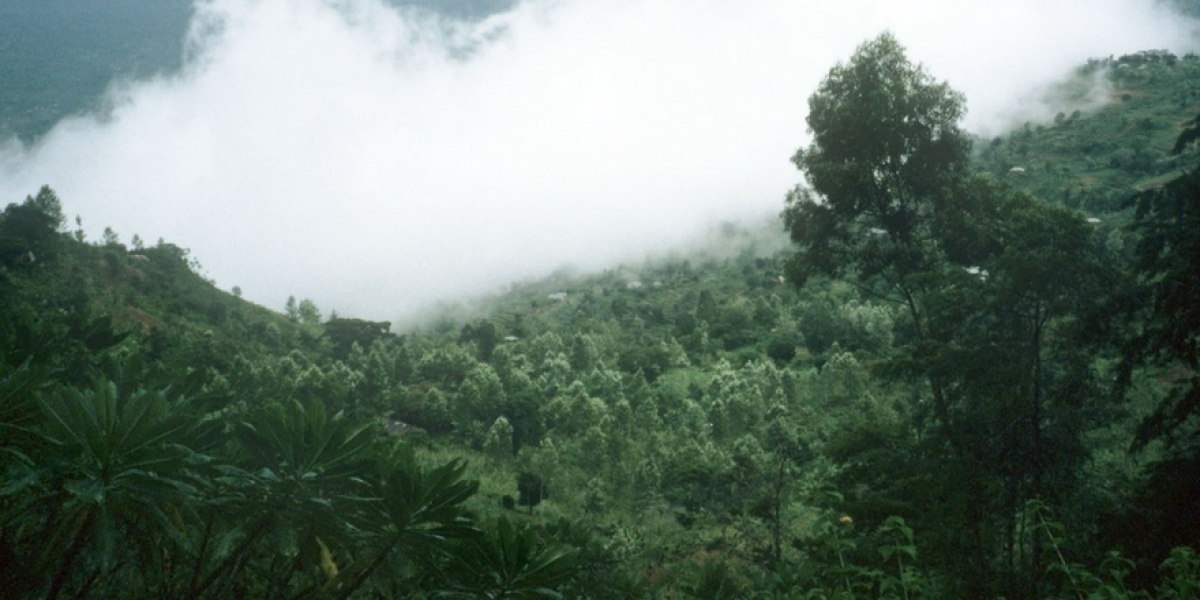They are important for risk management and adaptation, and in emergency and contingency planning. Traditional governance systems demonstrate why dryland forest management is so important and why good governance with legally entrenched rights is necessary for sustainable resource management. Most of Africa’s drylands suffer from low investment and low added value on forest products. The economic value of forests is not fully reflected in economic, forestry, and conservation decision making. Although climate change may be the greatest threat to Africa’s dryland forests, land use changes and the removal of rights of forest-dependent communities may prove more insidious. Governments need to implement policy incentives for devolving forest management to communities and local stakeholders, supporting different institutions and facilitating the most representative mixes.








